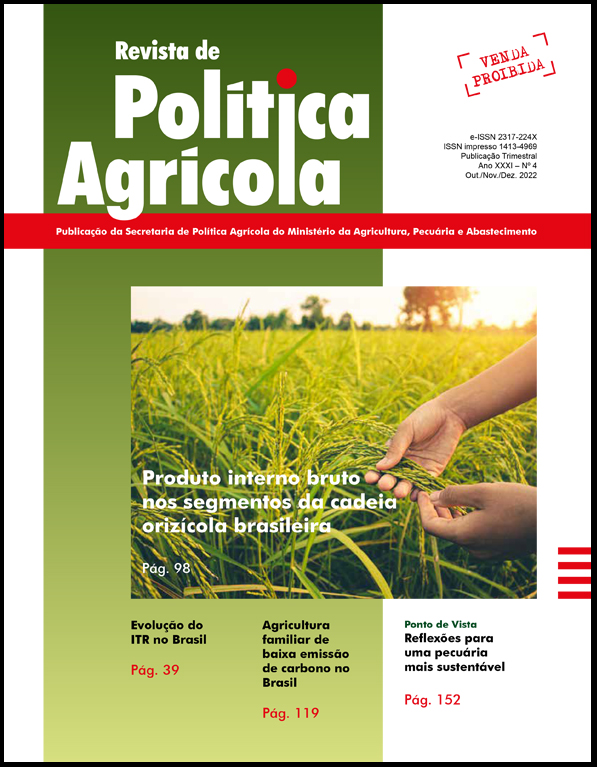Evolution of rural land property tax in Brazil
Keywords:
fiscal policy, municipalization, economics principles of taxation, legal principles of taxationAbstract
In this paper, we analyze the evolution of the rural land property tax (Imposto sobre a Propriedade Territorial Rural – ITR) charged in Brazil from 1934 to 2020, highlighting its compliance with both the economic and legal principles of taxation. Those principles have been added into the Brazil´s Constitutions. Special attention has been given to the years ranging from 2000 to 2020, when municipalities have assumed a major role in both charging and checking the ITR. Combining both an analytical and a statistical methodology, we highlight that some principles were achieved in the current ITR scheme (such as simplicity and geographic uniformity of rates); however, other principles are expected to be attained (such as progressivity), but this may not happen indeed and, if it does, this would imply a clash with the principles of prohibition of confiscation and neutrality. The most recent changes, called “municipalization of ITR”, have allowed of the collection increase of ITR by governments placed in some regions, especially in the Midwest, despite the ITR answers for little share of Brazil´s total tax revenue.Downloads
Published
2022-12-22
How to Cite
Lima, L. C. F., & Bacha, C. J. C. (2022). Evolution of rural land property tax in Brazil. Revista De Política Agrícola, 31(4), 39. Retrieved from https://rpa.sede.embrapa.br/RPA/article/view/1766
Issue
Section
Artigos Científicos


